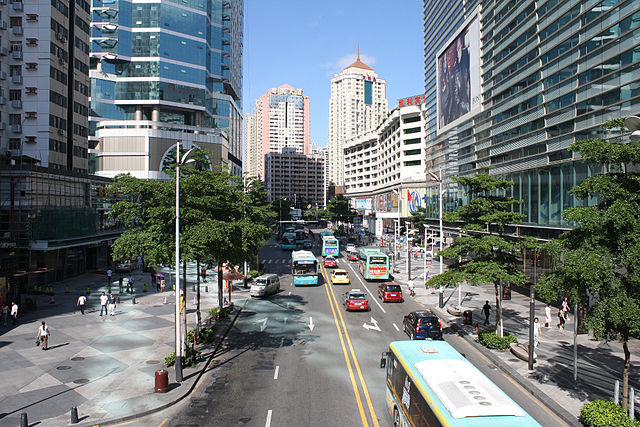 Lower potential growth has become a new reality where emerging market economies face declining output growth that could slow down their expansion, according to a new study by the International Monetary Fund (IMF).
Lower potential growth has become a new reality where emerging market economies face declining output growth that could slow down their expansion, according to a new study by the International Monetary Fund (IMF).
Global output growth fell sharply during the global financial crisis, and a new study published in the IMF’s April 2015 World Economic Outlook report suggests that a considerable portion of this slowdown is due to economies facing lower “speed limits.” An economy’s speed limit—referred to as potential output growth—dictates how rapidly it can expand its production of goods and services without increasing inflation.
In advanced economies, lower potential growth has been driven by slower capital accumulation and labor growth, the latter due primarily to an aging workforce and retirement. In emerging market economies much of the decline is attributable to slower productivity growth.
The report forecasts that advanced economies should see productivity growth near recent rates in coming years. Still, the rapid pace of expansion seen in the late 1990s and early 2000s—fueled by the exceptional information-communication-technology boom—is unlikely to be restored.
For emerging market economies, the paper sees weaker productivity growth in the future. It explains that technological improvements and enhanced educational attainment have allowed these economies to narrow the gap with advanced economies. But these two catalysts will no longer bring about the same strong growth now as when emerging economies were still technologically late.
“In sum, these scenarios suggest that potential growth in advanced economies is likely to remain below precrisis rates, while it is expected to decrease further in emerging market economies in the medium term,” added the report.
Moreover, these findings imply that living standards may expand more slowly in the future. In addition, fiscal sustainability will be more difficult to maintain as the tax base will grow more slowly.
The IMF said that to raise economic speed limits, policy action needs to encourage innovation, promote investment in productivity, and counteract the impact of aging.
Innovation can be encouraged and productivity enhanced with greater support for research and development, largely by strengthening patent systems and adopting well-designed tax incentives and subsidies.
Worker productivity can be increased by improving education quality and boosting secondary- and tertiary-level attainment.
Bottlenecks that are holding back production in some emerging market economies can be eliminated through higher infrastructure spending.
Better business conditions and improved functioning of product markets are also required in some countries.
The paper also called for greater participation of the labor force, particularly among female workers and aging workers, through better designed tax and expenditure policies.
Demand support through monetary and, where feasible, fiscal policy remains important in several economies to boost investment and capital growth, it added.
Photo: Deutsch Fetisch





